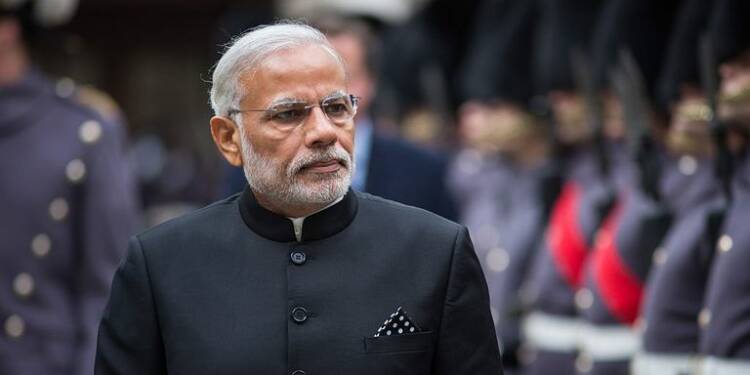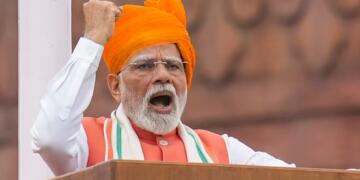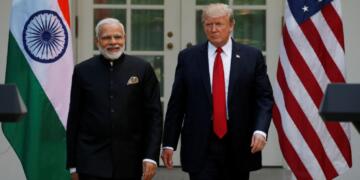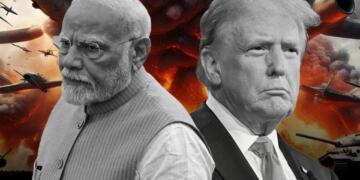Countries around the world are looking for the Coronavirus disease vaccine as this will help them to immunise the population and bring life and economic activity to normal. Once the vaccine is available, the priority for the governments would be to vaccinate most of its population as soon as possible. And in countries like India, it is a herculean task given the population of around 1.4 billion.
But the Modi government has started the preparation for vaccination very early on and has allocated a separate fund for the same already. As per a report by Bloomberg, the government has set aside around 500 billion rupees (or $7 billion) for vaccination in this fiscal year. This also tells that the government is expecting a vaccine before March 2021 and probably as early as December 2020 because only then this much money would be needed in the ongoing fiscal year for vaccination of the population.
Quick question; will the government of India have 80,000 crores available, over the next one year? Because that's what @MoHFW_INDIA needs, to buy and distribute the vaccine to everyone in India. This is the next concerning challenge we need to tackle. @PMOIndia
— Adar Poonawalla (@adarpoonawalla) September 26, 2020
A few weeks ago, Adar Poonawala, head of Serum Institute of India Pvt Ltd, the world’s largest vaccine manufacturer tweeted, “Quick question; will the government of India have 80,000 crores available, over the next one year? Because that’s what @MoHFW_INDIA needs, to buy and distribute the vaccine to everyone in India. This is the next concerning the challenge we need to tackle.” Setting aside 7 billion dollars shows that the government is very serious about vaccination plans and is already taking steps for the same.
Given the fact India is the largest vaccine manufacturer in the world and the country has a well-oiled existing infrastructure for vaccine manufacturing, no matter which country, apart from China, first develops the vaccine, it will be mass-produced in India only. And therefore, India has an edge in acquiring the Coronavirus vaccine. The Indian people are expected to be among the first in the world to be vaccinated, no matter which country develops the vaccine.
As the government is already taking steps to create infrastructure for vaccination, one can safely argue that vaccines are around the corner. India has already bent the Covid curve and the number of active cases are continuously declining since the last few weeks.
India would be probably the second largest buyer of vaccines in the world because as per rough estimates at least 800 million people need to be vaccinated in the country. Given the quantity of purchase, Indian government would have a lot of bargaining power. Moreover, in all probability vaccines would be produced in India so logistics cost would be low and the government would also expect a discount for domestic consumers.
“I doubt that the marginal cost of a vaccine would be anything close to that number at the volumes that India will purchase. There’s one large buyer — India — and one large seller, potentially,” said Ramanan Laxminarayan, director of the Center for Disease Dynamics, Economics & Policy. “A lot will come down to negotiations and the government has a lot more power in these situations.”
India would need a large number of cargo planes to distribute the vaccine around the country and cold storage logistics to manage end user access. “I do hope by the end of November that we are able to say we have a plan” and digital platforms to help roll out vaccines, said Kiran Mazumdar Shaw, founder and chairman of Biocon Limited.
Prime Minister Modi has already promised that his government would ensure that every citizen of the country has access to vaccines as soon as it is ready.
The private, as well as public players in countries around the world, are competing to develop a vaccine because the future of the global economy depends on immunisation from Coronavirus disease. The European countries, which opened economic activities after bending the circle, are now forced to reimpose lockdown due to rise in the number of cases.
If a country is fully opened and the people are precautionary measures to prevent the spread of the disease, there are chances of reinfection which would lead to a rise in the number of cases. Therefore, the development of vaccines, and efficient and quick distribution once it is developed, is a preliminary condition for full re-opening of the economy.
The Modi government’s initiative for the preparation of infrastructure for quick distribution, once it is available, would definitely help the country bro come out of pandemic earlier compared to other countries.



























